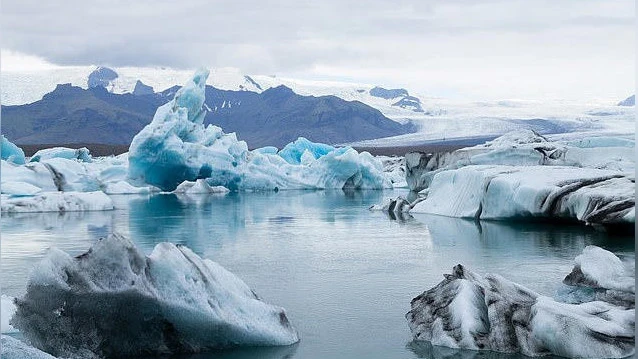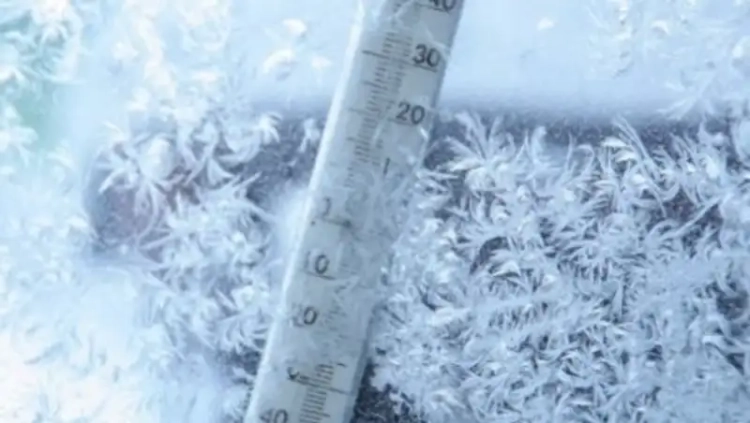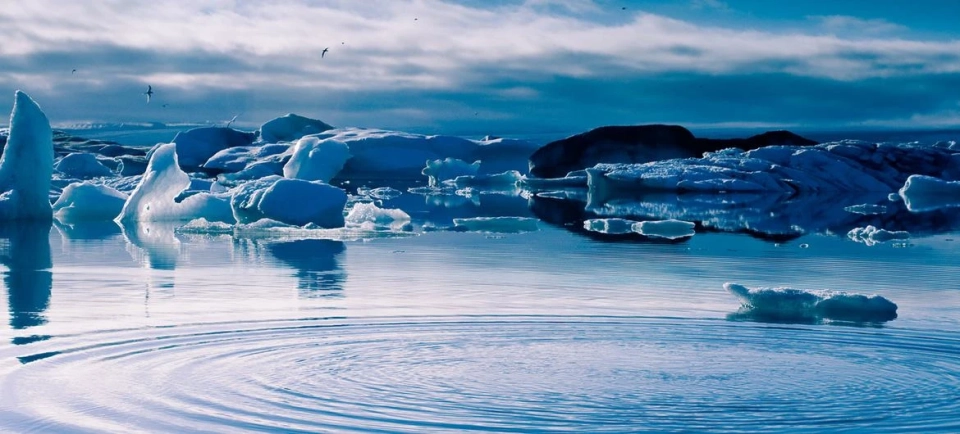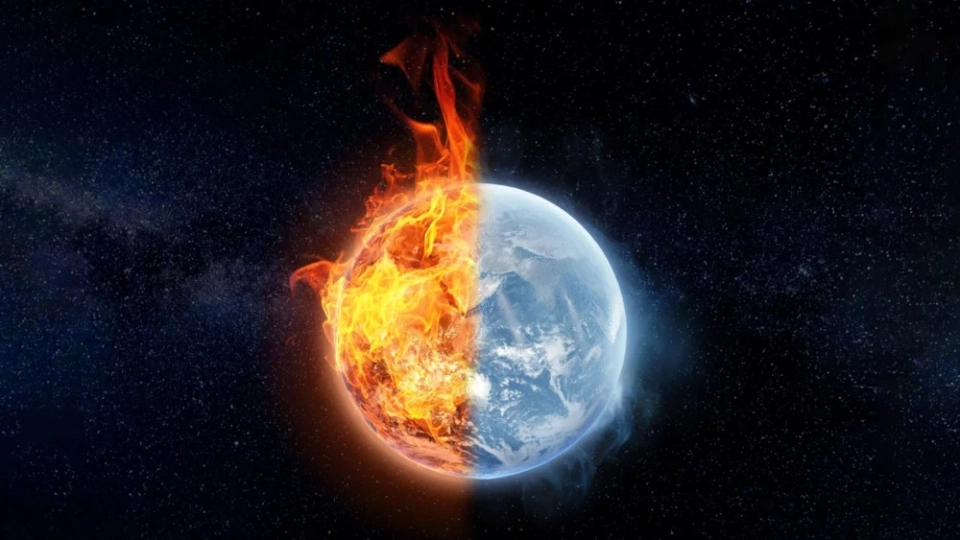
Iceland has identified the threat of the destruction of the Atlantic Meridional Overturning Circulation (AMOC) as an important aspect of national security, allowing the government to develop emergency measures. The AMOC transports warm water from the tropics to northern regions, maintaining a mild winter climate in Europe.
Scientists emphasize that accelerating climate change, particularly the melting of Arctic ice, could lead to freshwater from Greenland disrupting the current. This, in turn, could cause a sharp cooling in Northern Europe, resulting in increased snow and ice.
“This is a direct threat to our national resilience and security,” noted Johan Pall Johannsson in his email. He added that this is the first time a climate phenomenon has been officially presented as an existential threat to the National Security Council.
In light of the elevated status of the issue, Icelandic ministries will be on alert and coordinate their actions. The government is also considering the need for additional research and the development of relevant policies, including disaster preparedness measures.
The risks being analyzed cover areas such as energy and food security, as well as infrastructure and international transport links.
Consequences of a Potential Collapse
The collapse of the AMOC could affect not only Northern Europe. Scientists warn that it could impact precipitation patterns relied upon by farmers in Africa, India, and South America. Furthermore, it could accelerate warming in Antarctica, where ice sheets and sea ice are already at risk due to climate change.
Research shows that the world has underestimated the likelihood of an AMOC collapse in the coming decades amid ongoing warming. In October, a seminar titled “Nordic Tipping Week,” funded by the Council of Ministers of the Nordic countries, took place, where 60 experts discussed the potential societal consequences. Organizers are finalizing recommendations.
“Many studies are being conducted, but much less is known about the actual impact on society,” noted oceanographer Alexi Nummelin from the Finnish Meteorological Institute.
Recently, a group of scientists from over 30 universities and international organizations expressed concern about the rapid melting of glaciers and ice sheets. Meteorological services in Northern Europe have also reported that they are funding additional research to assess risks and adapt to climate changes.
The Irish Meteorological Service held a briefing for the Prime Minister and Parliament, while Norway plans to deepen its understanding of the issue through new research. The United Kingdom, in turn, has allocated over £81 million for research to understand when the climate system might reach a tipping point.
“Scientific research is advancing rapidly, and time for action is running out as the tipping point may be near,” added climatologist Stefan Rahmstorf from the Potsdam Institute.
Iceland does not intend to take risks as the pace of warming continues to increase and greenhouse gas emissions rise.
“Extreme weather conditions can negatively impact agriculture and fishing, which are critically important for the country's economy,” emphasizes Johannsson. “We cannot afford to wait for definitive studies before taking action.”















